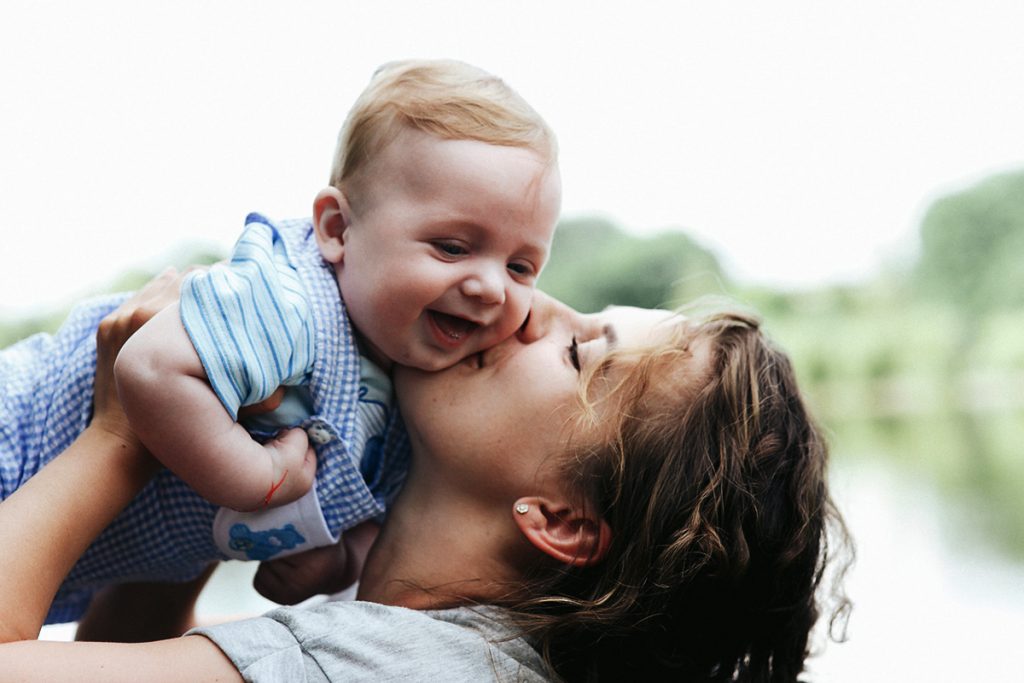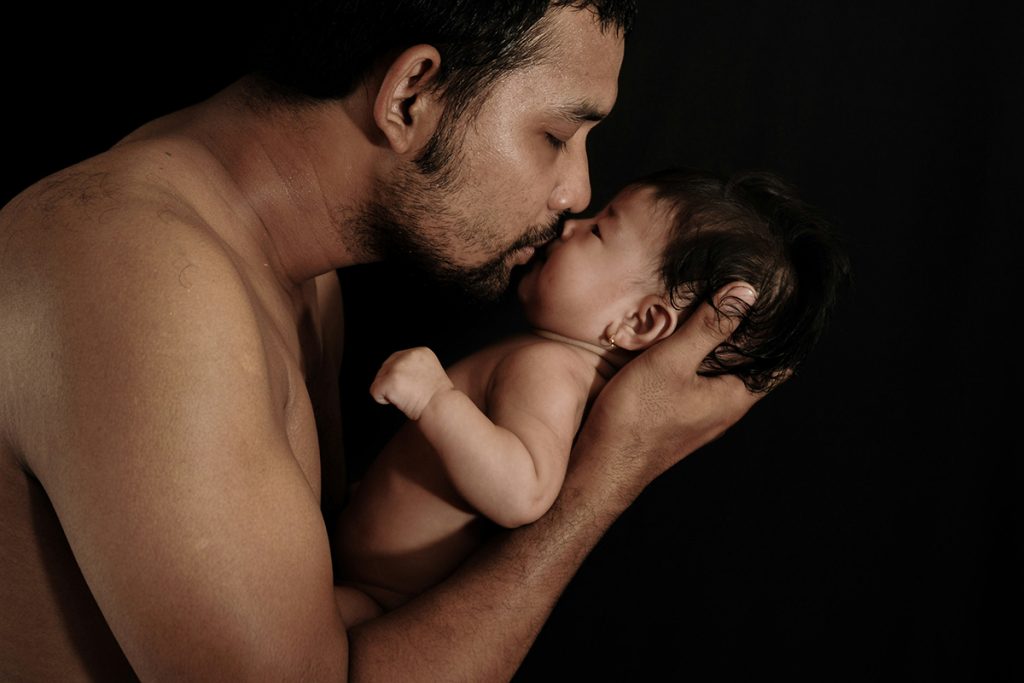What defines good parenting?

One of the most debated questions today is whether parenting can be taught. Many of us believe we know how to parent based on our own upbringing, but this is where the challenge lies.
Do we truly understand child brain development and what helps children thrive? Or do we parent on autopilot, replicating what was done to us, relying on force and authority instead of respect and understanding?
This balance can shift too far when we become overly permissive, trying to please our children to avoid repeating our own negative experiences. Additionally, modern parents must navigate new challenges like consumerism and excessive technology exposure.
Despite these challenges, the questions, beliefs, and desires of parents are remarkably universal: every parent wants the best for their child.

Here are 10 parenting concepts that can transform parent-child relationships:
01. Parents are brain architects
Many parents are surprised to learn that their actions significantly influence their child’s brain development. This realization often sparks a deep interest in understanding how to nurture their children’s brains effectively.
Understanding brain science, regardless of a parent’s educational background, becomes an empowering parenting tool that motivates them to create a safe and nurturing environment for their child’s cognitive and emotional growth.
02. Pause and take some deep breaths
Though it may sound clichéd, parents who practice this notice a significant transformation in their reactions to their children. Learning to regulate anger has been life-altering parenting tool for many.
Parents often share how this ‘pause,’ along with other tools they’ve learned, helps them calm down and handle tough situations more effectively, even with their spouses. This technique breaks the cycle of verbal and physical violence against children.

03. Punishment and threats simply don’t work. There is another way
Many parents regret yelling at or hitting their kids because it makes them feel terrible. However, they’ve been conditioned to believe that being a strict parent requires such actions, thinking that if they are soft, their children will take advantage.
Parents feel liberated when they discover positive ways to discipline their children. Although changing established patterns is challenging and requires hard work, once parents make the shift, they find that connection and collaboration work much better parenting tool than force.
04. Empathy is key to building trust and connection
Why does my child lie to me and hide things? Many parents ask this because they desire an open and honest relationship with their children. Often, children lie or hide things to avoid punishment or because they feel misunderstood.
Parents who learn to listen and empathize find this transformative. Instead of saying, “Don’t cry” or “Don’t make a fuss,” they say, “I know this is hard for you. I can see how disappointed/sad you are.” This makes the child feel understood, fostering trust and openness. It also builds emotional intelligence, teaching children to handle feelings healthily.

05. Meeting needs changes kids’ behavior
Every parent wishes for a magic parenting wand to make their child ‘behave.’ They actually have one: understanding the reasons behind behaviors. When we meet our children’s needs, their behavior changes.
Parents find it valuable to shift from saying, “Don’t behave like this,” to playing detective and asking, “Why is my child doing this?” This approach helps defuse situations that could otherwise become explosive. They often say, “Understanding a child’s developmental needs is essential for every parent.”
06. My childhood experiences impact my parenting
Why do certain behaviors of my child trigger such strong reactions in me, but not in my spouse? Discovering how much their own childhood experiences affect their parenting is an ‘aha’ moment for most parents. We tend to repeat patterns of authority and violence because we haven’t reflected on how they harmed us.
When parents recall how hurt or humiliated they felt as children, even from a single slap, those memories serve as reminders not to inflict the same pain on their children.
07. Respect a child? Shouldn’t the child respect the adult?
In our adult-centric societies, it’s a significant mindset shift in parenting to recognize that respect is a two-way street. Parents observe that when they respect their children, listen to their opinions, and work collaboratively with them, they naturally receive more cooperation in return.
Democracy isn’t just for nations; it works in families too. Offering children choices, trusting them, and showing respect helps build responsible individuals and future citizens.

08. One of the most important jobs of a parent is to ensure their child feels loved and secure
In today’s fast-paced world, parents are often preoccupied with ensuring their child attends the right school, eats the right food, and participates in the right activities, sometimes neglecting the child’s fundamental needs.
According to the latest neuroscience research, feeling loved, valued, and safe are the most essential needs for a growing child. Without these basics, effective learning cannot take place. Asking, “Does your child feel loved?” can be a powerful wake-up call for parents. Expressing love often needs to be learned, especially for those who may not have experienced receiving love themselves.
09. A parent’s job is not to shame or punish but to set limits with kindness
Shaming and yelling harm a child’s mental well-being and development. Many parents say, “But we don’t know any other way.” Instead of saying, “Turn off that video game right now, you useless fellow. You never listen,” try setting limits with sensitivity. For example, say, “I know you’re enjoying that game, but your time is up. I’m sorry, but I need to switch this off for you as you’re finding it hard to stop.”
It takes time to learn these parenting skills, but once they do, parents feel like they’ve discovered a key to a new world. More importantly, they become aware that this shift leads to their children feeling emotionally safe and having better self-esteem.

10. It’s me who needs to change, not my child
Ultimately, many parents realize it’s not about fixing the child but about working on themselves, which then brings out the best in their child.
When parents become more empathetic, patient, and understanding, they see a positive transformation in their child’s behavior. Science tells us that 90% of brain development occurs in the first six years of life.
If every parent received sufficient parenting information on how to best support their children, they would become changemakers.



















